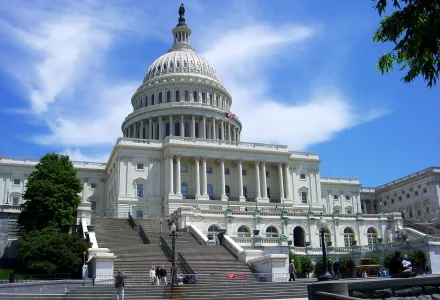
Understandable concerns have been expressed by some in the scientific community that marching on April 22 will make scientists look like "just another interest group" or "just worried about their jobs" or that they will be seen as "politicizing science." After considerable reflection and discussion with a number of science-community leaders, I have reached the following conclusions about this issue.
Just another interest group?
Yes, scientists are an interest group. They are interested, as scientists, in increasing understanding of ourselves, our world, and our universe and/or in applying such understandings to advance economic prosperity, public health, environmental sustainability, and national security, among other laudable aims. These are interests not to be embarrassed by but to be proud of.
Just worried about their jobs?
Well, yes, scientists are no happier about the possibility of losing their jobs than any other group of workers. But the intended message of the Science March is not so much "please save our jobs and let us keep doing what we love" as this: "Given what science is and does, if the government's funding for and use of science are slashed, all of society will be the loser."
Politicizing science?
The reality is that science is already politicized. Decisions about how much of the taxpayers' money will be spent on science—and how those funds will be allocated across different realms of basic research and applied science—are made in this country in a political process involving the Executive Branch and the Congress, with inputs from a wide variety of interest groups and from the public at large.
Many other decisions affecting the progress of science and its applications for public benefit— relating, e.g., to high-skills immigration policy, patent policy, tax policies affecting incentives for private-sector research and development, regulatory policies of many kinds, and policies affecting the use of scientific information in government decision-making—are likewise arrived at through our political process.
Scientists, who are better positioned than most to appreciate what is at stake in these political decisions, surely have no less a right and responsibility than any other group to ensure their voices are heard in the political process.
Statements and views expressed in this commentary are solely those of the author and do not imply endorsement by Harvard University, the Harvard Kennedy School, or the Belfer Center for Science and International Affairs.
Holdren, John P. "Some Thoughts on the Scientists' March." Belfer Center for Science and International Affairs, Harvard Kennedy School, April 19, 2017




